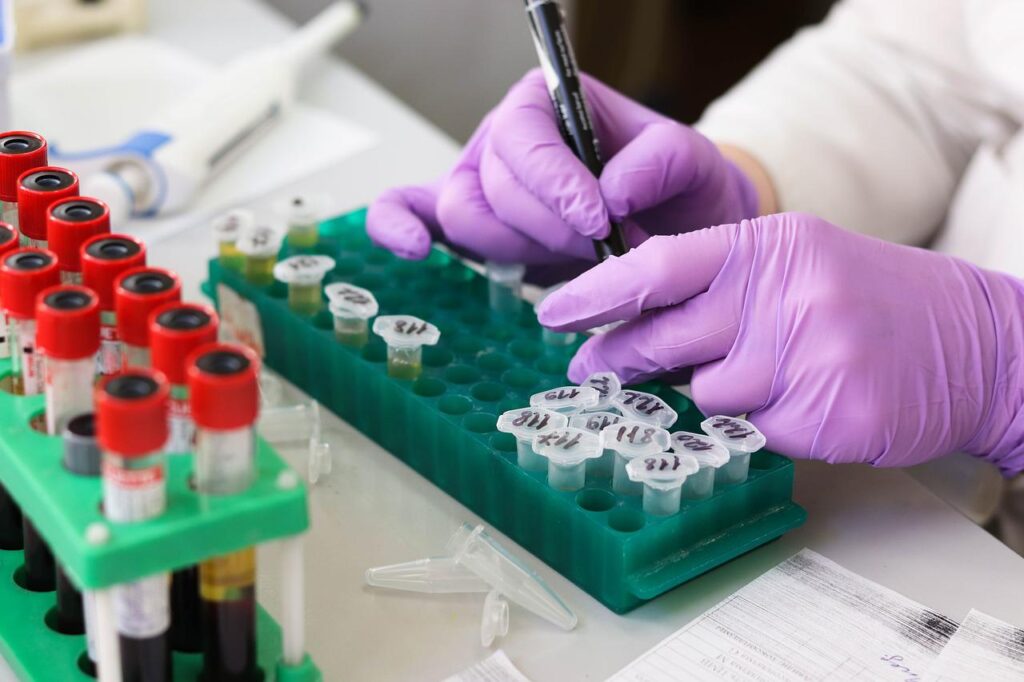Individuals Now Cloning Themselves For Organ Harvesting?
In a discovery both as revolutionary as it is ethically questionable, scientists may have found the key to youth in embryo organ harvesting.
This article is more than 2 years old

Explorers and adventurers have sought the mythical fountain of youth for centuries. It has made its way into legends, lore, books, and (in modern times) movies. Throughout history, a desire to live longer, or forever, drove this search. More recently, the idea of a “fountain of youth” has transformed and now includes medical procedures intended to extend life beyond what disease and illness will allow. News recently came out of Israel that researchers may have struck gold thanks to advances in revolutionary embryo organ harvesting technology.
A startup biotech company in Israel, called Renewal Bio will begin work to expand upon advances in embryo organ harvesting. Their research will get based on news of recent discoveries made by biologist Jacob Hanna. Hanna just finished a project where he developed mice embryos in an artificial womb. As a matter of fact, the revolutionary discovery wasn’t the growth of the embryos themselves. Rather, it was the advanced stage he was able to develop them.
Hanna successfully grew realistically looking mouse embryos in a mechanical womb for days. They ultimately developed beating hearts and flowing blood. Amazingly, the synthetic versions were roughly 95% similar to normal embryos. The implications for future use in embryo organ harvesting are significant.
At this stage, Hanna’s research has only used stem cells from mice. The next step toward achieving success in embryo organ harvesting is to attempt growing viable embryos from human stem cells. He plans on using his stem cells, obtained from blood and skin, along with stem cells from a handful of volunteers for the next stage.
According to Hanna, his ultimate goal is to grow viable human embryos in a mechanical womb until they reach the equivalence of a 40-50 day pregnancy. He believes this is the prime stage for successful embryo organ harvesting. At this point, he is a long way from that end goal.
Hanna published his research in the journal, Cell last week and was lauded by many. However, the news of his advancements was not universally welcome. Some scientists who work in stem cell research have expressed concerns. Nicolas Rivron is a stem-cell scientist working at the Institute of Molecular Biotechnology. He questions this line of research as it is not inherently necessary for successful embryo organ harvesting.
He is not alone in his concerns. Others have raised the possibility that this research could cross ethical boundaries. With strict guidelines governing experimentation on humans, growing embryos for the purpose of embryo organ harvesting may pose an ethical dilemma.
For Hanna, there is no cause for worry. He insists that the goal is not to grow synthetic humans. And he believes that his team would be able to alter the genetic code to prevent certain human-specific traits, so there would be no question as to what the embryos were. According to Hanna, his goal is to offer an alternative for embryo organ harvesting and revolutionize medical advancements.
Renewal Bio is so excited about the possibilities they aren’t willing to wait. So, they have hired several of Hanna’s students and are purchasing the necessary equipment to run their own tests. Ultimately, the future of embryo organ harvesting may be more revolutionary than we realize.




![[Photos] The Evolution Of The Volkswagen Beetle](https://www.tellmebest.com/wp-content/uploads/2021/07/cropped-tell-me-best-fav-s.png)